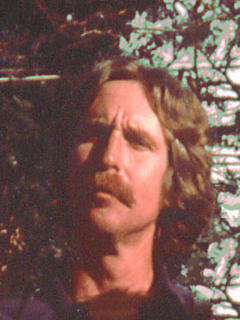"You Could Look It Up".
In this age of cut/paste writing, there are a lot of boiler plate phrases that seem to be included everywhere certain subjects are mentioned. Like the one about "...Thought by some to cause global warming...", referring to COBut that's a topic for a later post.
The phrase that currently sticks in my brain is
"Government of Iraq."
Finally I just couldn't take it any more. But, before I decided to howl in protest, I decided to follow the Perfesser's advice; I looked it up. Here is the definition, (courtesy of Wikipedia):"A government is a body that has the authority to make and the power to enforce laws within a civil, corporate, religious, academic, or other organization or group. In its broadest sense, 'to govern' means to administer or supervise, whether over a state, a set group of people, or a collection of assets.
The word government is ultimately derived from the Greek κυβερν'ν (kybernan), which means 'to steer'.
Typically, 'the government' refers to the executive function. In many countries (particularly those having parliamentary systems), the government refers to the executive branch of government or a specifically named executive, such as the Blair government (compare to the administration as in the Bush administration in U.S. usage). In countries using the Westminster system, the party in government will also usually control the legislature.
The 'Welsh Assembly Government' is the name of the executive branch of Wales, and 'Scottish government' is the unofficial term to describe the Scottish Executive."
It seemed to me that the operative word here with respect to "Government of Iraq" is "Power", so I "looked it up";
" Political power (imperium in Latin) is a type of power held by a person or group in a society. There are many ways to hold such power. Officially, political power is held by the political leader of a state, such as a president, prime minister, or monarch, as representatives or holders of the sovereignty. Political powers are not limited to heads of states, however, and the extent to which a person or group holds such power is related to the amount of societal influence they can wield, formally or informally. In many cases this influence is not contained within a single state and it refers to international power.
Political scientists have frequently defined power as 'the ability to influence the behaviour of others' with or without resistance."
I think it's especially cool that the creators of these Wikipedia entries added a dash of Greek and Latin to their work. Very nice!
However, my point (finally) is in the form of a question:


No comments:
Post a Comment